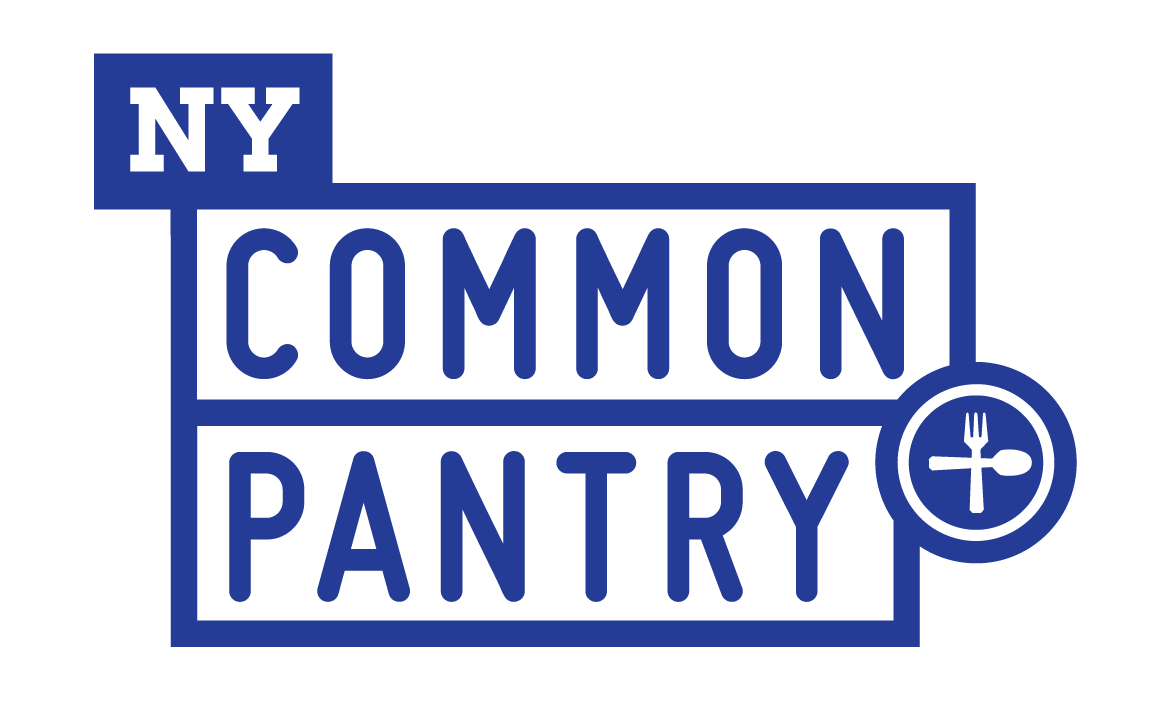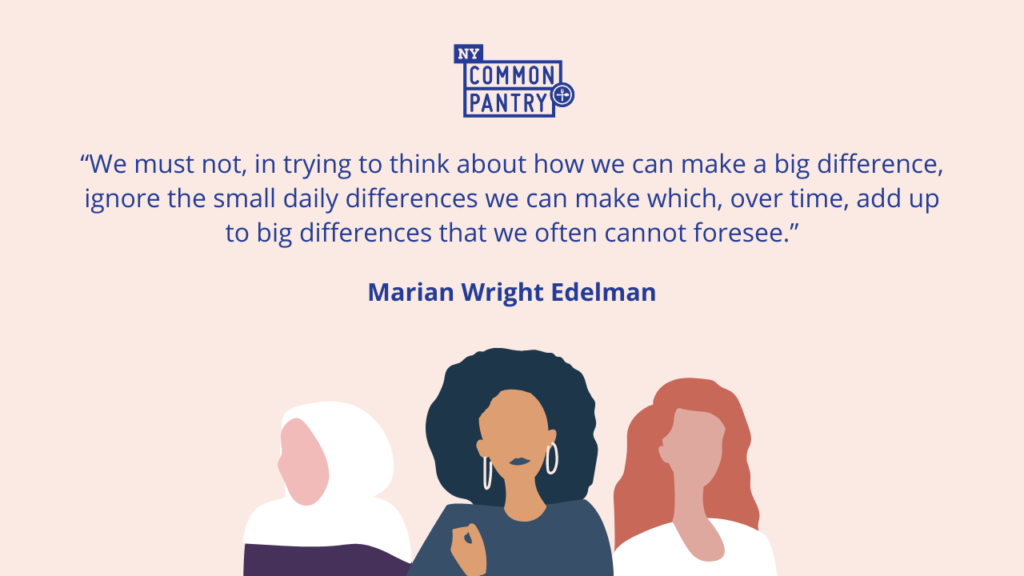I started my career in the non-profit world more than 30 years ago, and honestly could not see myself working for any organization that did not seek to help others. The business world held no appeal for me. Although I did not grow up wealthy, I did not grow up wanting for much, and felt it was my duty and obligation to help others not as fortunate as myself. As was standard for the era, as a college graduate with a liberal arts degree, I started as an Administrative Assistant at a small non-profit, but soon received an MPA (Master’s in Public Administration) and started gaining positions of increasing responsibility.
As I now find myself in a leadership position as Deputy Executive Director at New York Common Pantry, I find it important to help other women seeking to grow and develop at non-profits understand how to build identity and confidence as a non-profit leader. I also feel my personal identity as a woman in the workplace, juggling the many competing priorities of motherhood and job responsibilities, helps me also to understand the struggles faced by those we serve who face food insecurity, poverty and lingering effects of the COVID-19 pandemic.
When COVID-19 hit, women and families were especially hard hit but food insecurity has always hit women harder. According to the USDA’s Economic Research Service, households with children headed by a single woman (24.3 percent) and women living alone (13.2 percent) have the highest rates of food insecurity. Hunger impacts women more significantly due to higher poverty rates and low wage rates. The impact of hunger on women also takes on a greater significance due to the burden of caretaking, sacrificing meals for the sake of children, and the long-lasting effects of food insecurity on pregnancy and health and development of a child.
NYCP serves significantly more women than men through our food provision and case management services – 64% of our participants identify as female. It is particularly devastating to not only have to deal with your own hunger and suffering, but to watch those you protect, your children, to have to face these same challenges. Our staff works at the individual level, to bring humanity to a difficult situation, understanding at the simplest level how far a meal, a smile, and a trusted relationship, can go in helping someone see the way to a hopeful tomorrow.
As we now face cutbacks to SNAP, which will plunge many more women and families into economic uncertainty again, it is imperative that we understand what part we can all play in making a difference, no matter how small. Food donations, monetary donations, volunteer help, advocacy work, and a simple understanding of the mental and physical toll food insecurity takes on one’s well-being, all can help put us on the path to making a difference.
Judy Secon
Deputy Executive Director
New York Common Pantry

